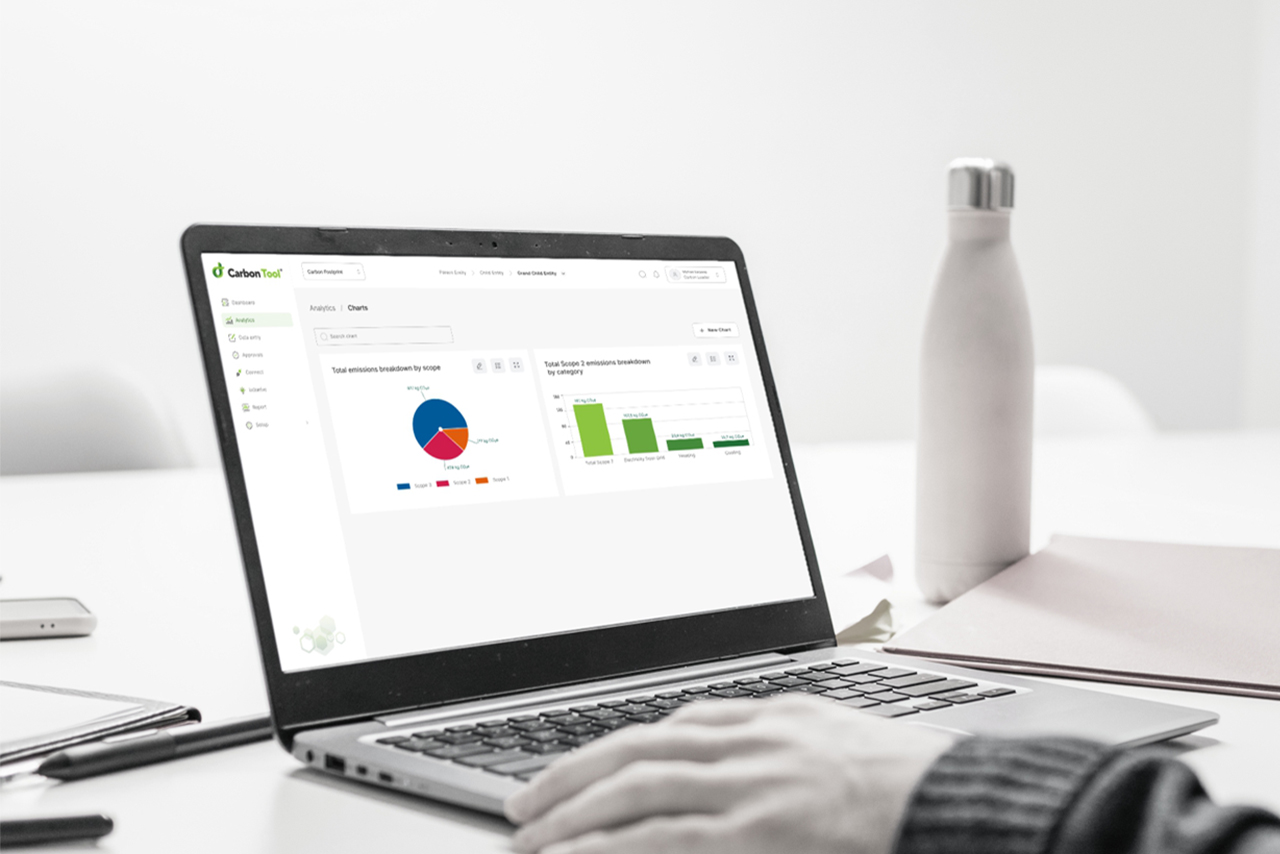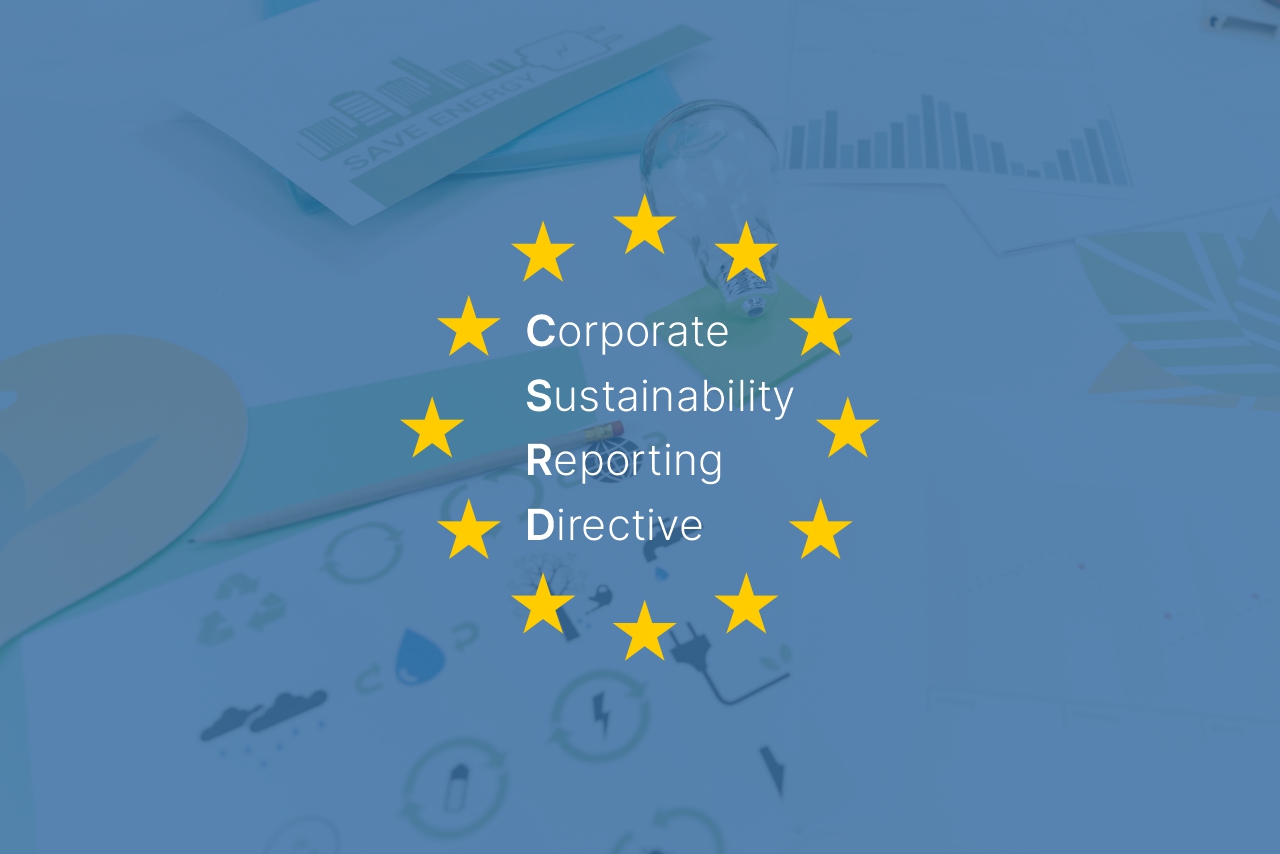The world is at a crucial juncture when it comes to sustainability and climate action. Decarbonization, a term that has gained significant prominence in recent years, is set to take center stage and leading the change in 2024.
Embracing Decarbonization in 2024
As we strive to achieve net-zero emissions and meet global climate targets, companies have a choice: will they lead in the change towards decarbonization, or will they -be led by the evolving landscape of environmental responsibility? This year holds the promise of making decarbonization efforts a commercial norm.

Defining Decarbonization
Decarbonization is the pivotal process of eliminating or reducing carbon emissions to reach a state of net-zero emissions. According to the Oxford Dictionary, it involves “replacing fossil fuels with fuels that are less harmful to the environment.” In essence, decarbonization hinges on the adoption of low or zero carbon technologies, offsetting and energy sources such as renewables, grid power and hydrogen.
The Impact of Global Decarbonization & leading the change
Technological innovations and the rise of low and zero-carbon technologies are poised to curb emissions across Europe and the world. Companies are now scrutinizing their current technologies and pivoting towards eco-friendly alternatives wherever feasible. This shift not only enhances cost-effectiveness but also increases the likelihood of widespread adoption on a global scale.
Scaling Up the Supply Chain
To meet the ambitious target of limiting global temperature increase to 1.5°C, we need to scale up production and distribution capacities, coupled with expanding global supply networks. For instance, the weekly deployment of solar panels worldwide would need to increase by a staggering eight-fold. In 2024, we anticipate a surge in collaborative efforts across supply chains and ecosystems, a vital step towards scaling up production.
Allocating Capital Towards Sustainability
The financial world is also recognizing the significance of decarbonization. We can expect to see a substantial allocation of capital towards sustainable assets. An estimated €275 trillion of cumulative spending on physical assets is required over the next 3 decades to achieve the global target for 2050. This demonstrates a growing commitment to sustainability as an integral part of long-term investment strategies.
Adapting to Shifting Consumer Demand
Decarbonization efforts are set to significantly reduce coal production for energy use. Companies must assess how these shifts will impact their production and pivot accordingly. It’s crucial for businesses to stay ahead of the curve, aligning their offerings with evolving consumer preferences and environmental consciousness.
Decarbonized Products and Services
As the transition towards decarbonization continues, businesses that minimize their product and process-related emissions are gaining a competitive edge in the market. While decarbonization may initially increase operational costs, it presents an opportunity for businesses to capitalize on the growing willingness of consumers to pay more for low-carbon products. Furthermore, businesses may also find themselves subject to carbon-pricing requirements, reinforcing the need for decarbonized products and services.
Decarbonization in Business
In 2024, decarbonization is not merely an option but an essential strategy for companies to obtain a substantial competitive advantage and generate corporate value. Businesses need to address all 3 carbon emission scopes, establish a tailored decarbonization strategy aligned with their industry, measure their direct and indirect emissions, and leading the change by taking concrete actions towards their reduction.
The transition towards decarbonization is not just a necessity for the environment; it’s an opportunity for businesses to lead the way in building a sustainable future. Companies that embrace this shift in 2024 will position themselves as industry leaders, shaping a world where decarbonization is the new norm.







